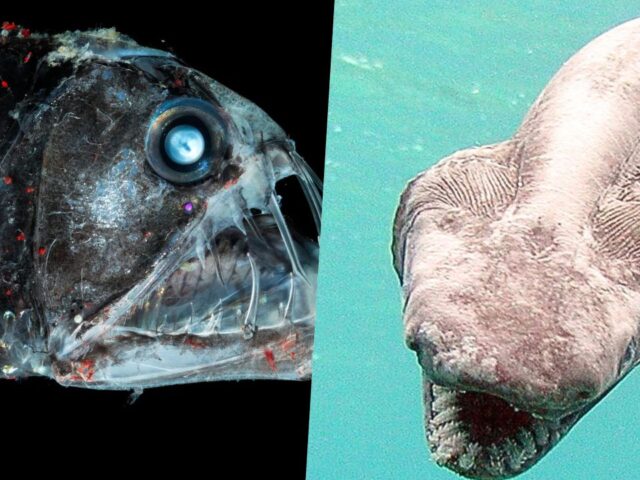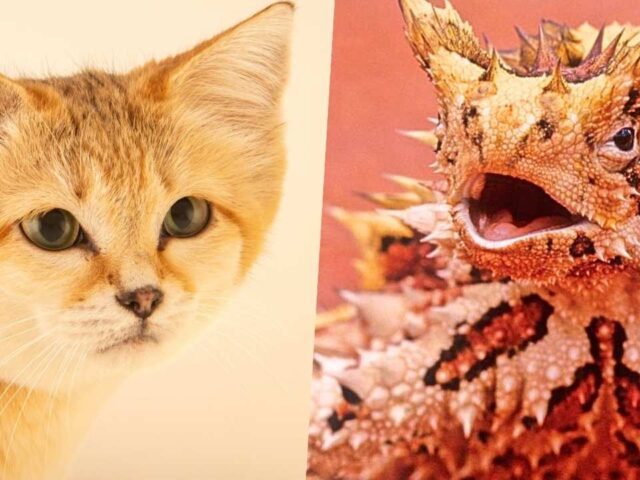French Bulldogs can eat grains as part of a balanced diet, but individual sensitivities may require a grain-free approach. While grains provide essential nutrients, some Frenchies may experience digestive issues or allergies.
In this article, we will talk about the pros and cons of grains in French Bulldog diets, helping owners make informed decisions about their pet’s nutrition.
Table of Contents
- 1. Understanding French Bulldog Nutritional Needs
- 2. The Role of Grains in Dog Food
- 3. Benefits of Grains for French Bulldogs
- 4. Potential Drawbacks of Grains for French Bulldogs
- 5. Grain-Free Diets: An Alternative Approach
- 6. Making the Right Choice for Your French Bulldog
- 7. The Importance of Variety and Rotation
- 8. Transitioning Diets Safely
- 9. Final Thoughts
Understanding French Bulldog Nutritional Needs
French Bulldogs, like all dogs, require a balanced diet to thrive. Their nutritional needs include:
- High-quality protein
- Essential fatty acids
- Carbohydrates for energy
- Vitamins and minerals
- Fiber for digestive health
Grains can contribute to meeting these needs, but they’re not essential for all French Bulldogs.
The Role of Grains in Dog Food
Grains in dog food serve several purposes:
- Provide energy through carbohydrates
- Offer essential nutrients like B vitamins and minerals
- Supply fiber for digestive health
- Act as a binding agent in kibble
Common grains used in dog food include:
- Rice
- Wheat
- Corn
- Barley
- Oats
Benefits of Grains for French Bulldogs

When tolerated well, grains can offer several benefits:
- Energy Source: Grains provide easily digestible carbohydrates for energy.
- Nutrient Profile: Whole grains contain essential nutrients like B vitamins, iron, and magnesium.
- Digestive Health: The fiber in grains can support healthy digestion and regular bowel movements.
- Cost-Effective: Grain-inclusive diets are often more affordable than grain-free alternatives.
- Heart Health: Some studies suggest that grain-inclusive diets may be better for heart health compared to grain-free options.
Potential Drawbacks of Grains for French Bulldogs
Despite the benefits, some French Bulldogs may experience issues with grain-inclusive diets:
- Allergies and Sensitivities: Some Frenchies may be allergic or sensitive to certain grains, leading to skin issues or digestive problems.
- Digestive Difficulties: French Bulldogs with sensitive stomachs might struggle to digest certain grains effectively.
- Weight Management: High-grain diets can be calorie-dense, potentially contributing to weight gain in less active Frenchies.
- Nutritional Imbalance: Overreliance on grains may lead to an imbalanced diet lacking in essential animal-based proteins.
Grain-Free Diets: An Alternative Approach
For French Bulldogs with grain sensitivities, grain-free diets offer an alternative:
Advantages of Grain-Free Diets
- Allergy Management: Helpful for dogs with confirmed grain allergies or sensitivities.
- Higher Protein Content: Often contains more animal-based proteins.
- Digestive Support: Can be easier to digest for some dogs.
Considerations for Grain-Free Diets
- Potential Heart Health Concerns: Some studies have linked grain-free diets to an increased risk of dilated cardiomyopathy (DCM) in dogs.
- Nutritional Balance: Ensure the diet provides all necessary nutrients, as removing grains requires careful nutritional compensation.
- Cost: Grain-free diets are often more expensive than grain-inclusive options.
Making the Right Choice for Your French Bulldog
Deciding whether your French Bulldog should eat grains depends on several factors:
- Individual Health: Consider any existing health conditions or sensitivities.
- Veterinary Advice: Consult with your vet before making significant dietary changes.
- Observation: Monitor your Frenchie’s response to different diets, looking for signs of improved or worsened health.
- Quality of Ingredients: Choose high-quality dog foods, regardless of grain content.
- Balanced Nutrition: Ensure the diet meets all of your French Bulldog’s nutritional needs.
The Importance of Variety and Rotation
Regardless of whether you choose a grain-inclusive or grain-free diet, variety is key:
- Nutrient Diversity: Rotating between different protein sources and carbohydrates ensures a wider range of nutrients.
- Allergy Prevention: Rotation may help prevent the development of food sensitivities over time.
- Palatability: Variety keeps meals interesting for your French Bulldog.
Transitioning Diets Safely
If you decide to change your French Bulldog’s diet, follow these steps:
- Gradually introduce the new food over 7-10 days.
- Start with 25% new food mixed with 75% old food.
- Increase the proportion of new food every few days.
- Monitor your dog’s response throughout the transition.
Final Thoughts
Whether French Bulldogs should eat grains depends on their individual needs and sensitivities. While grains can be a valuable part of a balanced diet for many Frenchies, others may thrive on grain-free options.
The key is to choose high-quality foods that meet your dog’s nutritional requirements and to work closely with your veterinarian to find the best diet for your French Bulldog’s specific needs.
Keep in mind that each French Bulldog is unique, and what works for one might not be effective for another. By paying attention to your dog’s health, energy levels, and overall well-being, you can make informed decisions about their diet and ensure they lead a happy, healthy life.










